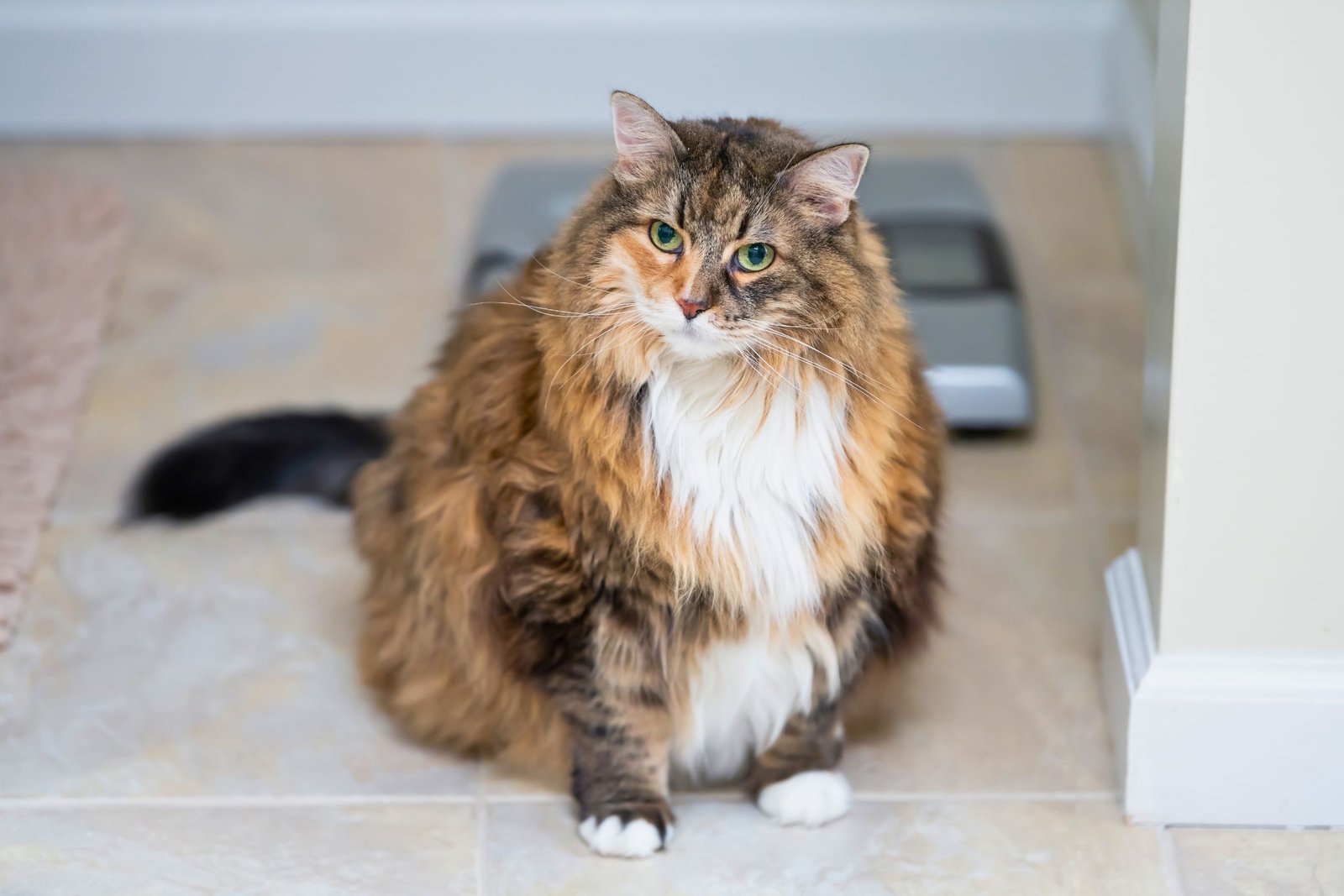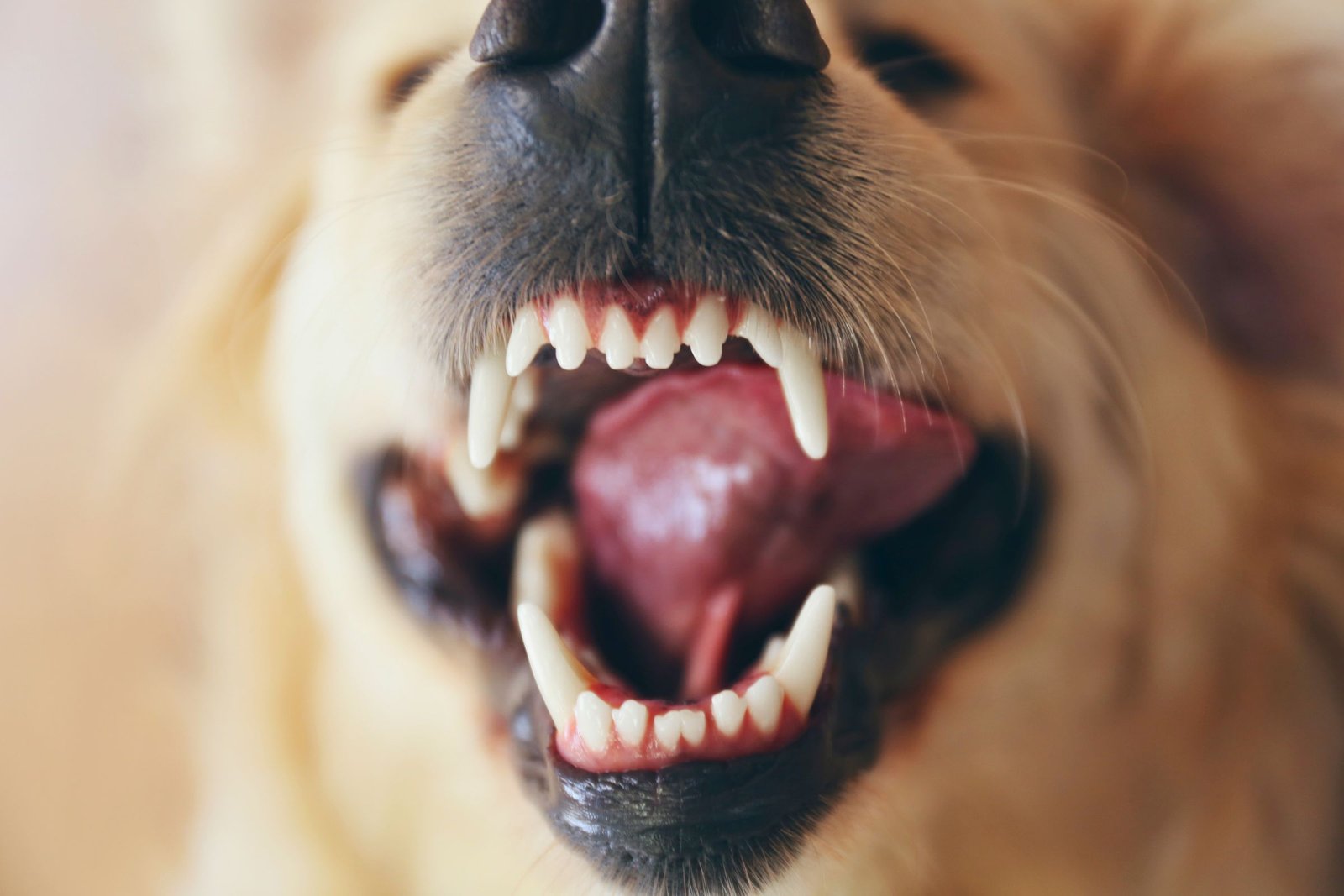Health Hazards Galore: The Hidden Dangers of Overfeeding Cats
Cats, with their graceful agility and playful demeanor, often captivate us with their charm. However, the love we express through indulgent meals can unwittingly become a gateway to a myriad of health hazards, turning a plump kitty into a potential ticking health time bomb.
The Diabetes Dilemma
Overfeeding cats significantly increases the risk of diabetes mellitus. The excess calories contribute to insulin resistance, a condition where cells fail to respond properly to insulin, leading to elevated blood sugar levels. Diabetes can result in increased thirst, frequent urination, weight loss, and a host of other complications that impact a cat’s well-being.
Arthritis
Carrying excess weight places additional strain on a cat’s joints, particularly in the limbs and spine. Over time, this can lead to the development of arthritis, a painful inflammation of the joints. Cats with arthritis may exhibit reluctance to move, stiffness, and a noticeable decrease in overall activity.
Heart Disease
A plump physique doesn’t just affect a cat’s appearance; it has profound implications for their cardiovascular health. Overfeeding can lead to an increased risk of heart disease, including conditions such as hypertrophic cardiomyopathy. This can manifest as difficulty breathing, lethargy, and a reduced tolerance for physical activity.
Digestive Disruptions
Overeating often results in digestive issues for cats. From constipation to diarrhea, the digestive system becomes imbalanced, causing discomfort and potential complications. Maintaining a balanced diet is crucial for preventing these disruptions and ensuring optimal gastrointestinal health.
Increased Blood Pressure
Just like in humans, obesity in cats can lead to increased blood pressure. Elevated blood pressure poses a risk of organ damage, particularly to the kidneys and eyes. Regular veterinary check-ups are essential to monitor and manage blood pressure in overweight cats.
Liver Dysfunction
The liver is not immune to the consequences of overfeeding. Obesity can lead to hepatic lipidosis, a condition where an excessive amount of fat accumulates in the liver. This can result in a range of symptoms, including jaundice, lethargy, and a decline in overall liver function.
Urinary Tract Issues
Overweight cats are prone to developing urinary tract issues, including feline lower urinary tract disease (FLUTD). Excess weight can contribute to the formation of crystals or stones in the urinary tract, causing discomfort, pain, and potential blockages.
In the pursuit of a cat’s overall well-being, maintaining an optimal weight isn’t merely an aesthetic concern; it’s a fundamental component of responsible pet ownership. Cat owners are encouraged to be vigilant about portion control, choose nutritionally balanced diets, and engage their feline companions in regular play and exercise to safeguard against the silent health hazards that may lurk in the shadows of overindulgence.








